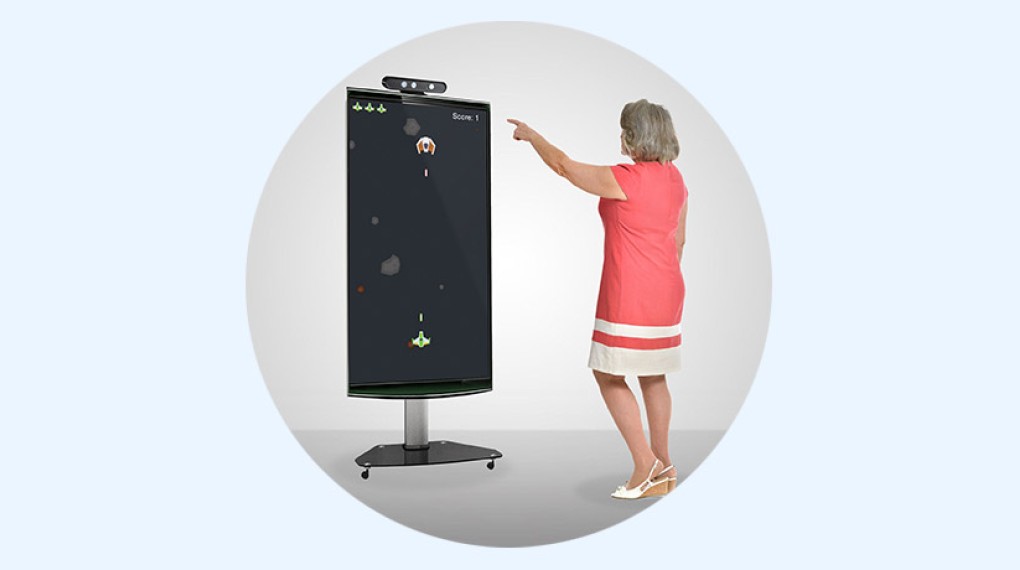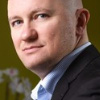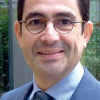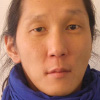"Only 20-25% of stroke victims have the opportunity to be given a place in a rehabilitation centre," explains Gilles Kemoun, professor of physical medicine and rehabilitation. In light of this public health crisis, he decided to create AutonHome®, a connected rehabilitation programme at home for people suffering from cognitive disorders (such as Alzheimer's or Parkinson's disease or from the effects of a stroke). Its specific feature is that it offers personalised exercises based on augmented reality and on an innovative virtualisation of the patients' familiar environment. Although the patients are autonomous they are never alone. A health professional monitors progress remotely, may adjust the treatment and is informed of any problems.

The EDF Pulse Awards guarantee our exposure and increase our credibility.

This innovation, which will simplify the lives of many people, is the winner of the EDF Pulse Awards 2017, in the "Smart Health" category. "This award gives us the resources we need to finish the final adjustments," explains Gilles Kemoun. What next? Organise A-series fund-raising and start marketing in 2018, with the aim of allowing more than 24,000 people to benefit from the programme by 2021. A wonderful challenge!
-
1.18M
130,000 new stroke cases, 150,000 Parkinson sufferers and almost 900,000 Alzheimer sufferers a year
-
24,000
patients to be supported between now and 2021

Your browser does not support javascript.
To enable you to access the information, we suggest you view the video in a new tab.
-

Yann Jaudouin
CEO
-

Gilles Kemoun
Chairman
-

Magali Mudet
Managing Director
-

Sébastien Leroux
CTO
4 questions to AutonHome®
Where did you get the idea for this startup?
 Neuradom is the embodiment of several observations. In France, there are almost 130,000 strokes every year, around 3,000,000 falls among the elderly - a major factor in t...
Neuradom is the embodiment of several observations. In France, there are almost 130,000 strokes every year, around 3,000,000 falls among the elderly - a major factor in t...
Any recent good news?
 Neuradom has just concluded its first funding round and is preparing for a series A funding round at the end of 2017 in order to launch the mass production of its solutio...
Neuradom has just concluded its first funding round and is preparing for a series A funding round at the end of 2017 in order to launch the mass production of its solutio...
What is the most unexpected thing that your startup has made you do?
 We ran a large project with the Army to allow servicemen and women suffering from post-traumatic syndromes to complete neurorehabilitation exercises in a tailor-made envi...
We ran a large project with the Army to allow servicemen and women suffering from post-traumatic syndromes to complete neurorehabilitation exercises in a tailor-made envi...
In what way does your project revolutionise your category?
 What Neuradom offers is not just another device, but rather a full medical programme and an ecosystem that incorporates patients, practitioners and carers. This solution ...
What Neuradom offers is not just another device, but rather a full medical programme and an ecosystem that incorporates patients, practitioners and carers. This solution ...
